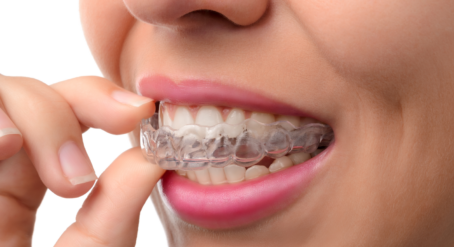As well as being scary and often quite painful, lockjaw can have very real complications, stopping the ingestion of solid food, and increasing the risk of choking. Involving one of the most essential (and undervalued) joints in the human body, the causes and cures for lockjaw are still not common knowledge. Today we’re going to unlock these secrets of lockjaw and put some of the fear surrounding it to rest.
What is TMJ?
The temporomandibular joint (also known as TMJ) is located where the jaw connects to the base of the skull. A uniquely shaped and complicated anatomical joint, the TMJinvolves a number of muscles working together in concert to perform a host of functions. This vital yet little-known joint executes powerful movements like opening and closing your mouth and chewing food – to more delicate functions like forming words and facial expressions. Sometimes the TMJ temporarily spasms – and in extreme cases ‘locks’, causing what’s colloquially known as lockjaw. TMJ dysfunction—also known as temporomandibular dysfunction (TMD) can become very problematic for some patients. Thankfully, many cases of minor TMJ dysfunction resolves with time, rest, and anti-inflammatory medication, however, in some extreme cases surgical intervention may be required to regain normal jaw function.
TMJ symptoms
There is a range of symptoms associated with lockjaw. The foremost symptom is acute pain in the TMJ area, which is the side of the head, just below the ear. Due to the accompanying inflammation, the range of jaw movement often becomes limited, often affecting both chewing and speaking.
Can braces fix TMJ?
Unfortunately, braces or any type of orthodontic treatment cannot predictably fix TMJ dysfunction. In fact, any form of significant TMJ dysfunction should be stabilised prior to commencing any orthodontic treatment. Your specialist orthodontist can provide onward referral to experienced TMJ practitioners to help manage any major TMJ problems. Additional imaging (e.g. CT, MRI), appropriate physiotherapy, or, in severe cases, surgical intervention may be indicated.
In summary, TMJ dysfunction is a complex phenomenon, and treatments that prioritize teeth straightening without a holistic approach to mouth and jaw health could cause complications down the track. If you’ve experienced jaw popping or jaw pain, please consult a doctor or qualified orthodontist. It is essential that all orthodontic work be undertaken by qualified professionals— Inadequate diagnosis and supposedly “quick fixes” may lead to additional or unexpected problems.









